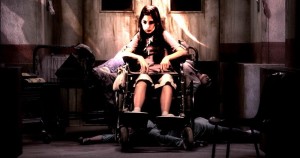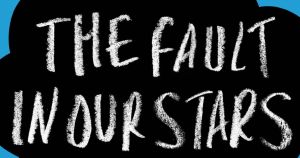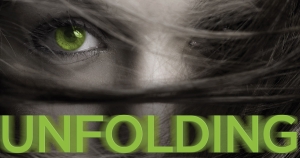Recommended Reading List
A brief list of recommendations our contributors put together.
A brief list of recommendations our contributors put together.

When we talk about disability and sci-fi/fantasy, the first thing many will think of is the magical disability trope. But what does this trope entail and imply? And how can you subvert it?

I was intrigued by the virtual-reality premise, but this book is a veritable hotbed of misogyny and a case study in how not to write a wheelchair-using character.
It’s hard to believe, but it’s been a whole year since Disability in Kidlit was first launched. We’re so excited for this milestone and so grateful for all of your support.

When privileged outsiders define us, they often do so out of ignorance, self-interest, or malice, and their versions of ourselves, rather than our own realities, become the norm.

The toughest chapter to write in El Deafo, by far, was the chapter in which I reject sign language.

This book portrays its autistic protagonist in ways that will give readers negative, incorrect, and in some cases abusive ideas about autistic people.

Despite their proclamations to the contrary—“don’t tell me you’re one of those people who becomes their disease”—the characters are shown to have nothing in their lives that isn’t about their cancer.

The portrayal of epilepsy in this book was frustrating and disrespectful. People with epilepsy deserve better than this.

Although the book was fun and interesting in places, the disability aspect was very much a freak-show presentation of disability and the disabled experience.